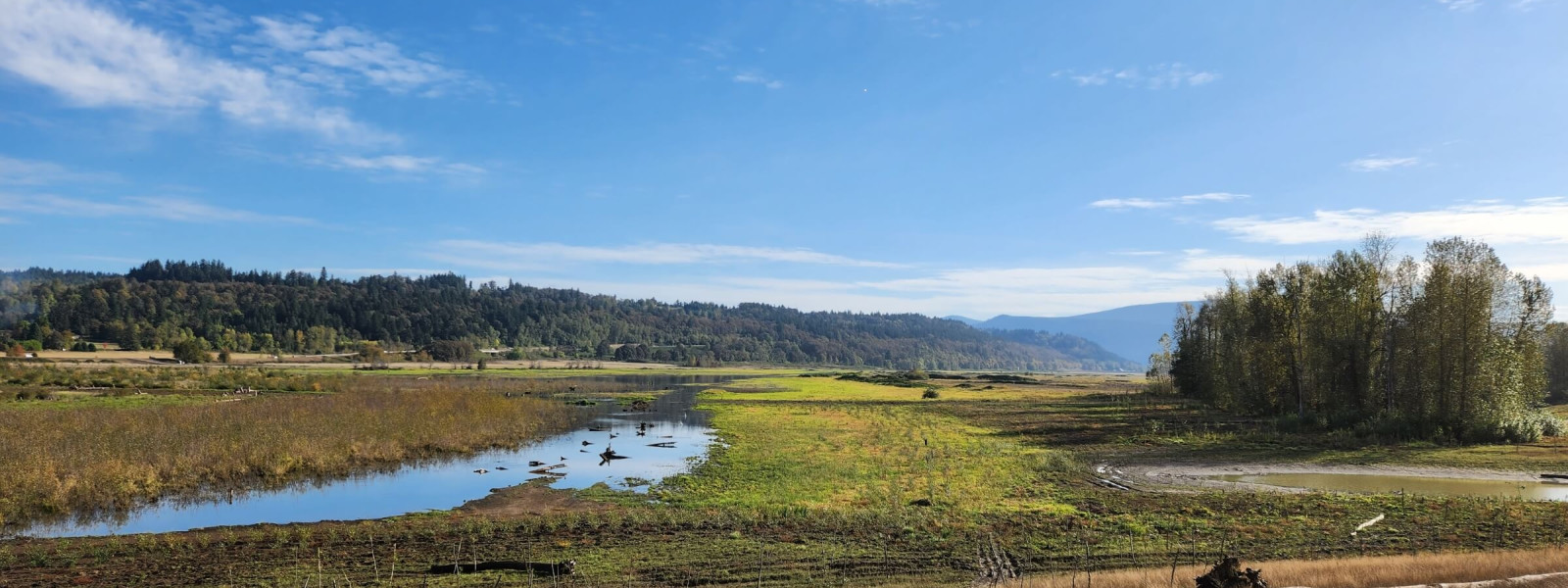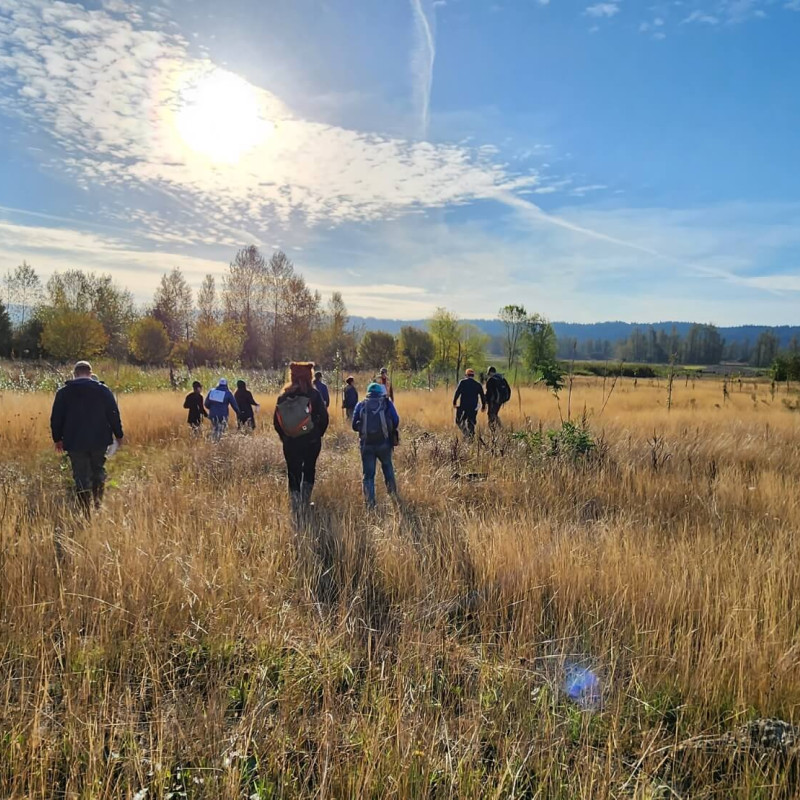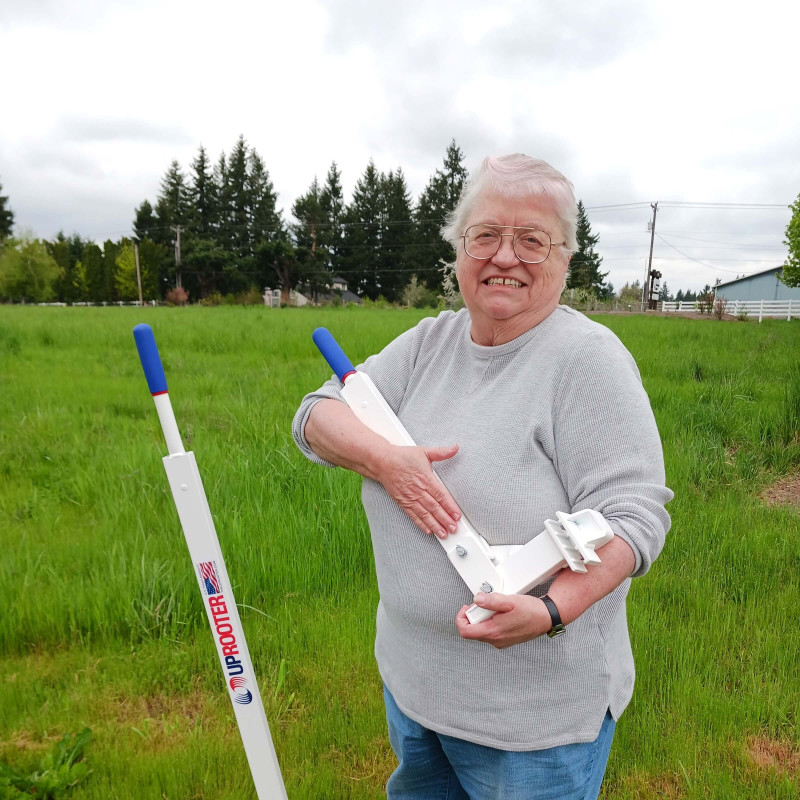
The Clackamas, Clark, Multnomah, and Washington County Cooperative Weed Management Area (4-County CWMA) is a partnership of agencies and organizations dedicated to managing invasive weeds across the Portland metropolitan region. These management efforts help support local agricultural production, protect human health, and preserve our communities’ land and water.
Invasive weeds are introduced plants that cause environmental or economic harm. Some invasive plants are intentionally brought to new regions for practical purposes: to control erosion or decorate landscapes. Others are accidentally introduced on vehicles, boats, or in shipments of goods.
Once outside their original habitat, these species can grow out of control due to the absence of natural predators and constraints. This allows them to spread rapidly and present unique challenges for our communities.

Invasive weeds are not constrained by jurisdictional boundaries. Cooperation across jurisdictions is critical for successful management. The 4-County CWMA is a cooperative platform that helps partners detect infestations before they get out of control, share data to make informed management decisions, and pool resources to avoid duplication and minimize confusion.
Check out our annual Pull Together symposium and learn how you can participate in collaborative weed management.
Invasive species outcompete native vegetation, diminish wildlife habitat, decrease water quality, and increase the likelihood of wildfire and erosion. These resources help identify and manage invasive species across our region.
Invasive weeds within the 4-County CWMA region vary in abundance, distribution, and impact. Priority weed coordination identifies plants that are harmful to humans, the environment, or the economy. Once a species has been identified, a coordinated response is initiated to assist with control.
After prevention, priority weed coordination is the most successful, cost effective, and least environmentally harmful way to control invasive species. We contribute to this effort through collecting and sharing up-to-date invasive species data.
Effective invasive species management requires accurate identification and detailed control information.
Invasive plant data sharing is essential to successful weed management.
There are many ways that you can help control the spread of invasive weeds in our region. Whether you’re a natural resources management professional, community member, property manager, or someone looking to volunteer, there’s a way for you to take part in protecting our landscapes and communities.
